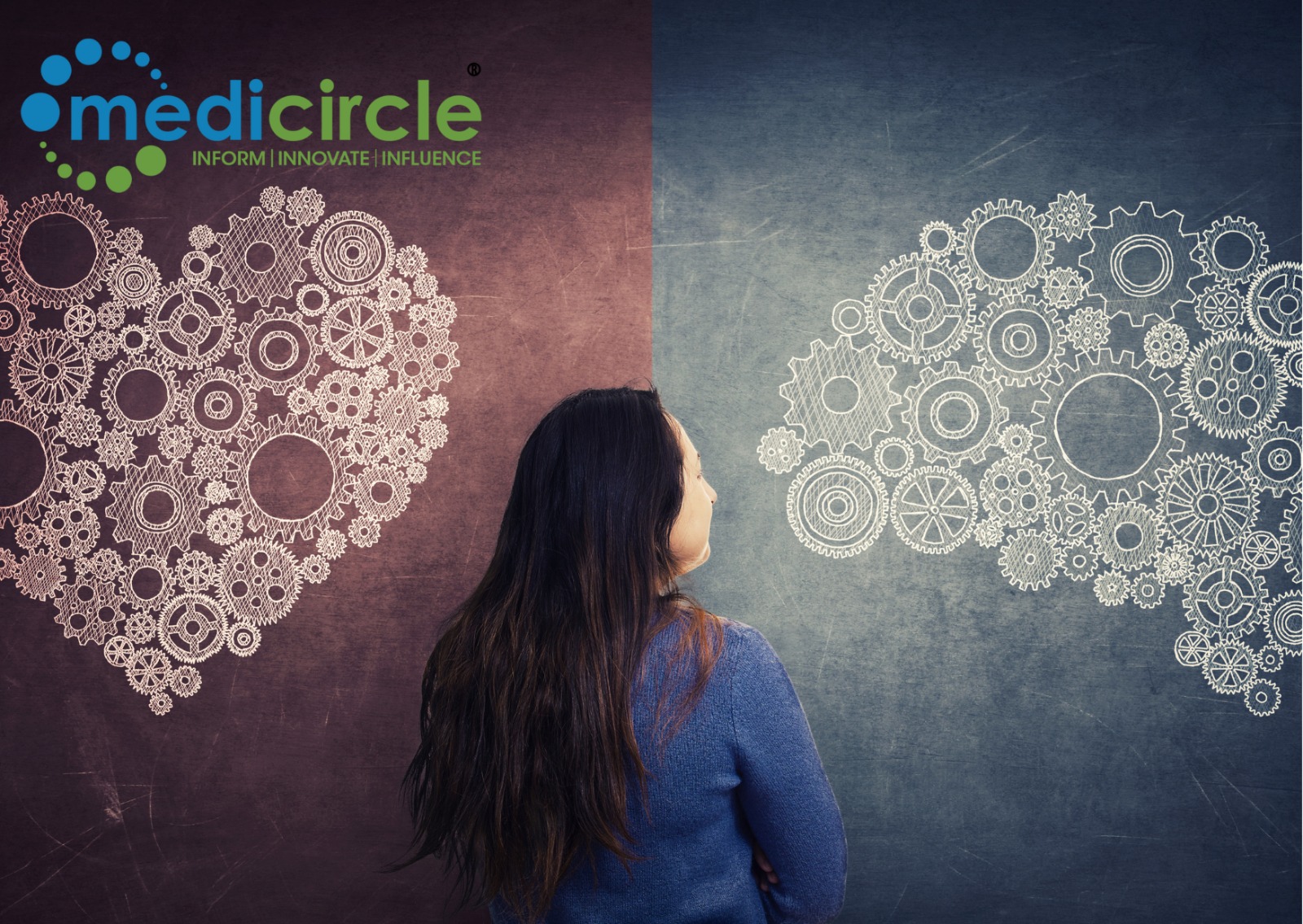The human heart has long been celebrated as the core of life, but new research reveals it holds a fascinating secret: it has its own “mini-brain.” This discovery from the Karolinska Institute and Columbia University sheds light on an intrinsic nervous system within the heart that plays a pivotal role in regulating heartbeat rhythms. Published in Nature Communications, the study not only changes our understanding of heart function but also opens doors to innovative treatments for cardiac conditions.
For decades, scientists believed that the heart functioned as a simple relay station, dependent on commands from the brain via the autonomic nervous system. However, this study dismantles that assumption. Researchers have uncovered a network of specialized neurons embedded within the heart’s walls. Far from being a passive receiver, the heart actively manages its own rhythms, functioning like a second brain.
To investigate this phenomenon, scientists turned to zebrafish, a species with striking physiological similarities to humans. Zebrafish are a preferred model for heart research due to their transparency during early life stages and shared cardiac mechanisms with humans.
Using advanced imaging techniques, the researchers identified a complex web of neurons within the heart, including a distinct group with pacemaker-like properties. These neurons directly influence the heart’s rhythm, effectively acting as an internal regulator.
Understanding this “mini-brain” offers far-reaching implications for cardiovascular health.
1. Arrhythmia Insights
Arrhythmias, or irregular heartbeats, affect millions worldwide and can lead to severe complications, including strokes and heart failure. By decoding the role of these cardiac neurons, scientists could develop targeted treatments that address the root cause of arrhythmias, rather than just managing symptoms.
2. Stress and Exercise Response
The study suggests that the heart’s intrinsic nervous system interacts with the central nervous system, especially under conditions like stress or physical activity. Exploring these interactions could help identify why some individuals are more prone to stress-induced cardiac issues.
3. Personalized Medicine
Mapping the neuronal network of the heart might pave the way for customized treatments. For example, therapies could be tailored to enhance the function of specific neurons, improving heart health without the need for invasive surgeries or lifelong medications.
Principal researcher Konstantinos Ampatzis expressed astonishment at the intricate design of the heart’s nervous system. “This ‘little brain’ isn’t just a backup; it’s a fundamental component of how the heart works,” he explained. Its complexity rivals that of systems regulating breathing and locomotion, further highlighting its importance.
This neuronal network not only maintains the heart’s rhythm but also adapts to varying demands, such as during exercise or rest. It is, in essence, a dynamic, self-regulating system that ensures the heart meets the body’s needs at any given moment.
The discovery of the heart’s “mini-brain” sets the stage for further exploration into how this system interacts with the central nervous system. Future research will likely delve into questions such as:
How does this network respond to emotional stress?
Could its disruption be a key factor in common heart diseases?
Are there ways to enhance its function to improve overall heart health?
Researchers believe these answers could revolutionize our approach to treating cardiovascular diseases. By targeting the heart’s intrinsic nervous system, therapies could become more precise, effective, and less invasive.
One of the most exciting aspects of this discovery is its potential application in medical treatments.
1. Biological Pacemakers
The identification of pacemaker-like neurons opens the door to developing biological alternatives to traditional electronic pacemakers. These could provide a more natural and adaptive solution for individuals with irregular heart rhythms.
2. Neuroprotective Strategies
Protecting the heart’s neuronal network could become a focus of preventive medicine. This might involve developing drugs or therapies that strengthen these neurons, reducing the risk of cardiac dysfunction.
3. Stress-Resilient Hearts
Since the study highlights the interaction between the heart’s “brain” and stress, future therapies could aim to make the heart more resilient to stress-related damage, potentially reducing cases of stress-induced heart attacks.
The collaborative effort behind this research highlights the importance of interdisciplinary studies in revealing complex biological systems. Supported by several foundations, the study emphasizes the need for continued investigation into how disruptions in this neural network contribute to various heart disorders.
Moreover, this discovery aligns with a growing recognition of the heart’s dynamic role in overall health. Far from being a mere pump, the heart is a sophisticated organ that integrates neural, hormonal, and mechanical signals to sustain life.
As researchers continue to decode the mysteries of the heart’s intrinsic nervous system, the possibilities for innovation seem endless. This discovery not only deepens our understanding of human physiology but also heralds a new era in cardiac care.
Imagine a future where:
Heart diseases are treated by enhancing the function of specific neurons.
Stress-induced cardiac issues are mitigated through targeted therapies.
Biological pacemakers replace electronic devices for a more natural heart rhythm.
These advancements could drastically reduce the global burden of heart disease, which remains the leading cause of death worldwide.
The heart’s “mini-brain” is a testament to the intricate design of the human body. This discovery challenges conventional wisdom, reminding us that even the most well-studied organs can surprise us with their complexity.
As science progresses, the heart may not only symbolize love and life but also serve as a gateway to understanding and conquering some of humanity’s most pressing health challenges. By unlocking the secrets of the heart’s neural network, we move one step closer to a future where cardiovascular diseases are a thing of the past.
This revelation marks a turning point, urging researchers, healthcare professionals, and policymakers to rethink how we approach heart health. The answers lie not just in external interventions but within the heart itself, a remarkable organ that continues to amaze us.

 By unlocking the secrets of the heart’s neural network, we move one step closer to a future where cardiovascular diseases are a thing of the past.
By unlocking the secrets of the heart’s neural network, we move one step closer to a future where cardiovascular diseases are a thing of the past.










.jpeg)




















